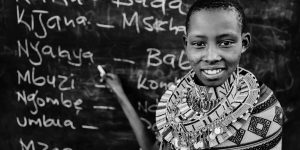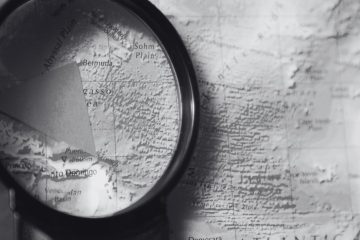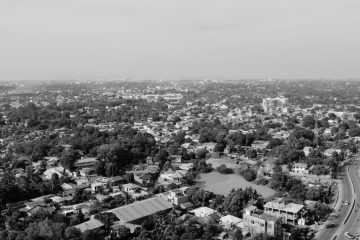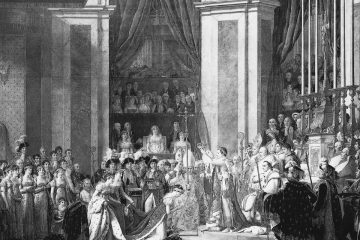What Happened On May 25th?
On May 25, 1963, in the Ethiopian capital of Addis Ababa, thirty-two African countries came together to form the Organization of African Unity (OAU). This coalition was established to promote unity and solidarity among African states.
By coordinating their cooperation, they would eventually achieve a better life for the people of Africa. The leaders at this historic gathering sought to collectively address and combat the lingering influence of white rule and colonial oppression across the continent.
At the time, many African nations were still grappling with the vestiges of colonial rule, and the scars of oppression were fresh. The leaders of these 32 countries recognized that their collective strength could be a formidable force against the specter of white rule.
Nelson Mandela
Though Nelson Mandela was incarcerated on Robben Island at the time of the OAU’s formation, his influence permeated the conference halls of Addis Ababa. Mandela’s tireless efforts to dismantle apartheid in South Africa resonated deeply with the delegates. His imprisonment underscored the harsh realities of white minority rule and the urgent need for a united front against such oppression.
Ethiopia: The Symbol Of African Independence
Interestingly, the OAU’s headquarters in Addis Ababa was chosen not only for its geographical centrality but also as a nod to Ethiopia’s unique status as a symbol of African independence. Ethiopia, having successfully resisted colonization by European powers, represented the resilience and unyielding spirit of the African people.

The Influence Of Mandela’s Philosophy
Mandela demonstrated his philosophy of resistance through both peaceful and militant means. As exemplified by his leadership in the African National Congress (ANC) and its armed wing, Umkhonto we Sizwe, his strategic acumen and moral fortitude were tested.
The OAU, in many ways, was an embodiment of Mandela’s vision for a liberated and unified Africa. The coalition provided a platform for African nations to support liberation movements across the continent, offering diplomatic, financial, and military assistance to those fighting against colonial and white minority regimes.
The African Liberation Committee
The African Liberation Committee was tasked with coordinating support for liberation movements and was instrumental in the success of various anti-colonial campaigns. The OAU also adopted the African Charter on Human and Peoples’ Rights in 1981, which was a document affirming the commitment of African states to uphold human rights and fundamental freedoms.
Swahili As A Lingua Franca
The OAU promoted the use of Swahili as a lingua franca for Africa, recognizing the importance of a common language in fostering unity. Swahili, with its rich history and wide usage across East Africa, was seen as a unifying cultural element. This initiative aimed to bridge linguistic divides and enhance communication among African nations.

The OAU’s Evolution
Nelson Mandela’s release from prison in 1990 and his subsequent election as South Africa’s first black president in 1994 vindicated the efforts of the OAU and its member states. Mandela’s presidency began a new era of reconciliation and nation-building in South Africa, and his leadership continued to inspire the continent.
The African Union (AU)
The OAU itself evolved over the decades, and in 2002, it was replaced by the African Union (AU), a more robust and dynamic organization aimed at addressing the contemporary challenges facing Africa. The AU built on the foundations laid by the OAU, striving to achieve greater political and economic integration, and playing a proactive role in conflict resolution and peacekeeping.
The African Liberation Committee played a large role in supporting the PAIGC (African Party for the Independence of Guinea and Cape Verde) in its struggle against Portuguese colonial rule. This support was instrumental in the eventual independence of Guinea-Bissau in 1973.
The Role of Women In Liberation Movements
Figures such as Josina Machel of Mozambique and Winnie Mandela of South Africa were important in mobilizing grassroots support and leading the charge against colonial and apartheid regimes. Their contributions were vital to the success of the liberation efforts and demonstrated the indispensable role of women in the struggle for freedom.





